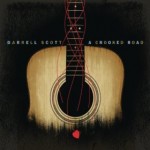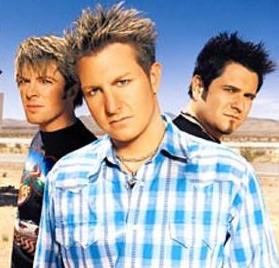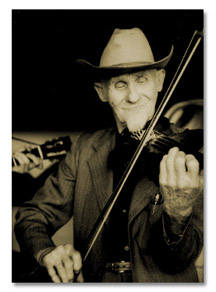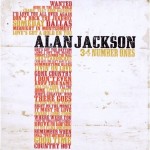 He was the definitive male vocalist of post-Urban Cowboy country music. The new traditionalists soon wiped the radio dial of that sound, but thanks to one classic hit, Lee Greenwood will always be around.
He was the definitive male vocalist of post-Urban Cowboy country music. The new traditionalists soon wiped the radio dial of that sound, but thanks to one classic hit, Lee Greenwood will always be around.
He was born and raised in California, growing up with his grandparents on a poultry farm. As a child, he showed prodigious talent, learning the saxophone at age seven. By age fourteen, he could play all of the instruments in his school orchestra. As soon as he finished high school, he moved to Nevada, a place he would return to after an opportunity in Puerto Rico ended in disappointment. He passed on an opportunity to be in a band, which went on to great success as the Young Rascals, holding out hope for a solo career down the road.
He secured a record deal with Paramount, but when that didn’t produce a hit record, he moved on to Las Vegas, where he became a dominant force on the casino circuit. By 1979, he had been discovered by the bassist for Mel Tillis, who put him in touch with Tillis’ label, MCA. By 1981, Greenwood was a major label country music artist.
His career took off quickly. His first single, “It Turns Me Inside Out,” cracked the top twenty, but the breakthrough came with “Ring On Her Finger, Time On Her Hands.” It would be the first of a long run of top ten singles, including seven chart-toppers.

 There hasn’t been a great song in this vein for a good long while. The last one might have been “The River and the Highway.” It’s the classic lover’s triangle: the man, the woman, and the impossible dream.
There hasn’t been a great song in this vein for a good long while. The last one might have been “The River and the Highway.” It’s the classic lover’s triangle: the man, the woman, and the impossible dream.






